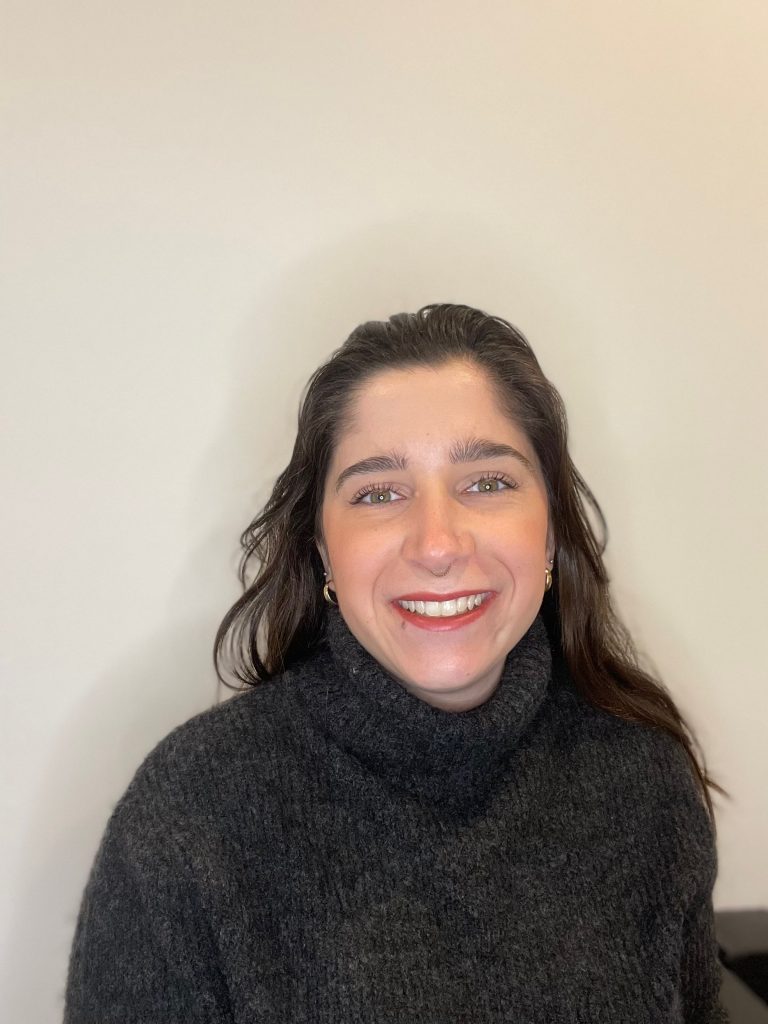Next up in our alumni spotlight series, we catch up with Jordan Audas! Jordan has been working at Digital Nova Scotia since he graduated from the MI program. Jordan offers great insights into how he translated the skills he learned in the MI program to the workplace. Thanks for taking the time, Jordan!
When did you graduate from SIM? What was your favourite class/subject of study when you were in the program and how have your interests expanded since then?
I graduated from SIM in April 2022. I really enjoyed both archive classes, taught by Patti Bannister, and Information in Society, taught by Dr. Mongeon. Both of these, I suppose, boil down to how people interact and engage with information. This is still something I’m passionate about, especially when it comes to accessibility and usability.
What is your current role and how long have you been in it?
I am a project manager at Digital Nova Scotia, a role I was just promoted to just about a week ago. Prior to that promotion, I had been working as a project analyst here since August.
How have you translated the skills and competencies you learned in the MI program into the workplace?
Ignoring the more obvious technical skills, such as navigating databases, visualizing data, and performing research, I think the more overlooked non-technical, or “soft” skills, are truly important in a workplace. Being able to communicate and collaborate effectively, for example, may seem like a given, but this is crucial to an organization’s culture and success, not to mention when interacting with stakeholders. These skills are much harder to learn than we often give them credit for, but I think SIM prepares students well for actually taking these non-technical skills into the real world.
In what ways is working as an IM professional different from the classroom?
It’s no one’s job to teach you anymore. Sure, you may be lucky enough to have learning opportunities and professional growth is extremely important, but everyone else in an organization has their own duties and responsibilities to focus on. So, that being said, if you need guidance in your work, ask! Most people are happy to help, but they won’t know what you can and can’t do until you make it clear.
If you could go back and give your first year self one piece of advice, what would you tell them?
I’d probably slip them the answers to a few tests; is it cheating if it’s coming from yourself?








